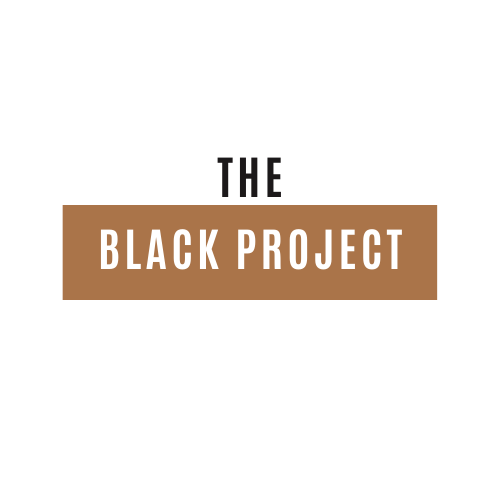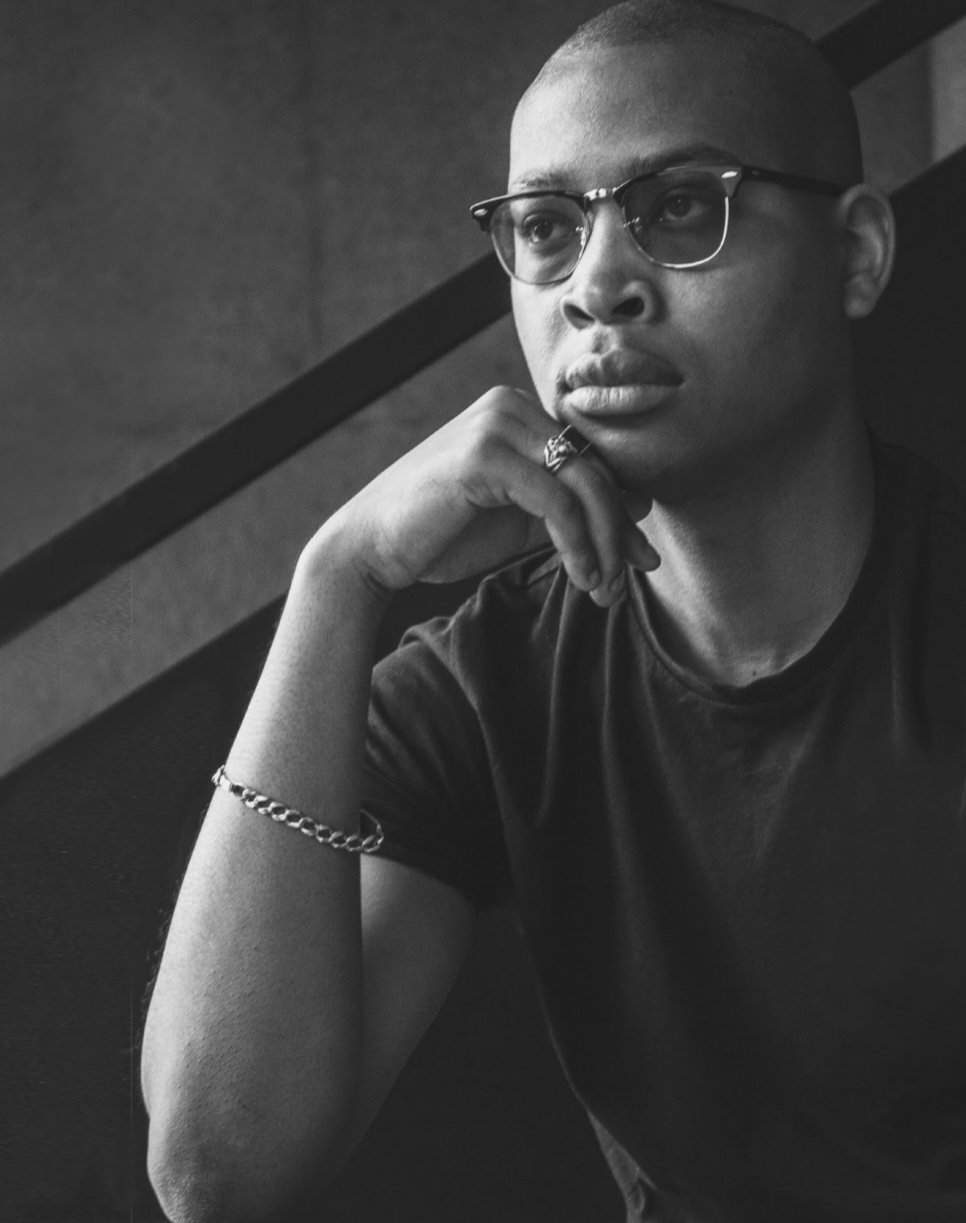Living with OCD: The Greatest Project I will ever work on is my community
I have a project I am working on: increasing awareness of mental health in the black community, encouraging men to speak more about mental health and educating everyone about what OCD really looks like.
My name is Shaun Flores, a mental health advocate who is trying to use my social media influence to leave the world in a better place than I found it. The way I see this happening is by encouraging conversations that would not ordinarily happen within the black community or wider society.
After three to four years of intrusive thoughts, earlier this year (Saturday 4th June) I found out I had OCD (Obsessive Compulsive Disorder). OCD is a very common mental health condition which results in obsessive unwanted intrusive thoughts.
OCD made me believe I was a rapist, suicidal and gay. As an important caveat, I have no issue with being homosexual, my anxiety was related to the fear of a sudden loss of identity, which many people with OCD will understand. The other two fears come from a lack of control and the perceived worst possible outcomes.
OCD is an anxiety-based disorder. The brain creates nonsensical and bizarre thoughts, even for those without OCD. In fact, many studies have shown that people without OCD have very similar or the same thoughts in theme as those with OCD. These can range from violence, forbidden sexual acts, or even urges to do inappropriate things in public. The difference is that when individuals without OCD experience ego-dystonic thoughts (that’s the scientific term for thoughts that are the opposite of an individual’s true nature, desires, values, and self-image), the brain responds differently.
There is both a learned and a genetic factor to OCD. Structures in the brain of someone with OCD create sensitivity to uncertainty and a decline in one’s ability to feel ‘complete’. As a result, more value is placed on incoming thoughts (whether they are ego-dystonic or not) and relentless over-responding in the form of compulsions (behaviours designed to make the sufferer feel safe).
I live with two types of OCD, sexual orientation OCD (SO-OCD) and harm OCD. For years, I was unaware that the thoughts I was having could ever be OCD. Upon my diagnosis, I finally had answers that allowed me to delve deeper into the OCD community and the world of mental health. During treatment, my therapist helped to give me my life back and I want to be able to help others do the same.
It is estimated that about 2-3% of the population in the United Kingdom (UK) has obsessive-compulsive disorder (OCD). This means that about 1 in every 35 people in the UK may have OCD. It is important to note that the prevalence of OCD may vary between different populations and that these estimates may not be exact.
Most ethnic minorities with OCD do not speak about OCD, because of the added shame and embarrassment of having intrusive thoughts. This is combined with the differing factors existing in certain communities reinforcing the need to remain silent.
According to The British Journal of Psychiatry (2015), “OCD has similar prevalence rates across ethnic groups.” Yet we see the OCD conversation represented mainly through white and female voices. I have dedicated my activism and advocacy to try and be the change I wanted to see when I was at the worst of my OCD journey, I saw no one who looked like me, especially in the UK. Representation of black people with OCD exists in an American silo.
Yet, there are many famous African Americans who have OCD. J. Cole and Kelly Rowland and many more, as outlined by this article, Black American Celebrities and Notables with OCD. Notice the issue here? When Uncle Sam (America) sneezes the rest of the world catches a cold. In the UK when you type in “Black British OCD” online, I am sadly one of the only guys who comes up. This needs to change. The other individual is Duke Al Durham (@dukealdurham).
Earlier this year, I made a guest appearance on Channel 4’s Unapologetic chat show hosted by Yinka Bokinni and Zeze Millz. This was momentous for those with OCD and elevated the mental health and OCD conversation in spaces where it would have otherwise been hidden. My black project is to use my social media influence to speak about OCD and mental health.
OCD is a misunderstood mental illness, and most still believe it is simply just cleaning or having your pens in order and symmetrical. OCD is trivialised and not taken seriously. I speak openly because I want people to realise the severity of the nature of OCD and the pain it causes those who live with it.
Before I come to a close, I must pay homage to the other black men who have inspired me and laid a foundation for me to speak about my own mental health.
I stand on the shoulders of giants, people such as Shocka a mental health advocate and TEDx speaker who also believes in ‘Impact over numbers’. Thanks to people like him, I am encouraged to tell my story. I have to pay my dues to those who are also changing the game. Alex Holmes, mental health advocate, author and therapist deserves an honourable mention, as does Kay Rufai, poet, mental health researcher, filmmaker and the founder of The S.M.I.L.E-ing Boys Project. These men inspire me massively and they deserve their flowers.
Having a platform comes with a huge responsibility and with this power comes a great sense of responsibility and accountability. Sharing my journey was a huge relief and lessened the burden I was carrying inside. Thus, my new mission is to speak up so others can use my story for healing and perhaps be inspired to speak for themselves. I can't be the only one out here.
Thank you to the Black Project for giving me an opportunity to tell my story. I hope this helps you and know you are not alone.




